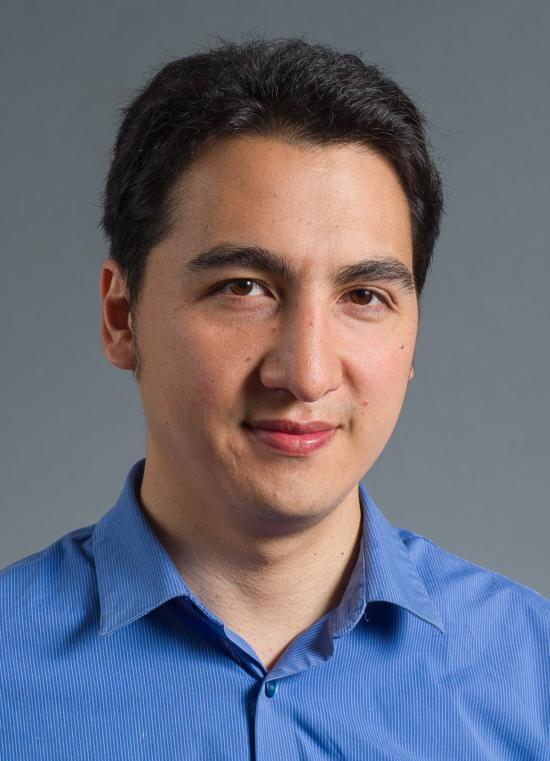Zachary Pardos, a scholar of online education, is joining the faculty of the School of Information this fall, in a joint appointment with Berkeley’s Graduate School of Education.
Pardos is an expert in the emerging field of educational data mining — applying data science methodologies to the analysis of online learning environments by using real-world datasets to model and understand student learning. He is drawn to the field by the thrill of discovery. “I’m excited about what we can discover about learning from these massive databases,” he explains.
Pardos comes to Berkeley from MIT, where he spent the past year studying online learning in so-called MOOCs (Massively Open Online Courses). He completed his Ph.D. in computer science at Worcester Polytechnic Institute in Massachusetts.
Educational data mining is a young field, but the technology it studies is not. The first computer-based learning systems were developed more than a half-century ago, and intelligent tutoring systems, which provide individualized feedback based on the student’s responses, emerged in the following decades.
What’s changed is the scale. Within the last decade, Internet-based systems, including MOOCs, have allowed the collection of larger and larger amounts of data. At the same time, increasing computing power has made it possible to perform much more complicated analyses. “It’s only in the last decade or so that we’ve been able to use data mining to understand human learning,” says Pardos.
Pardos is happy to have a joint appointment in information and education, and is excited to see what partnerships and interdisciplinary projects emerge. “I see a lot of synergistic opportunities between the two schools,” he says. He is an advocate of interdisciplinary research, and appreciates the wide range of academic fields that work together at the School of Information.
“The study of learning is an inherently interdisciplinary pursuit,” Pardos explains. He is preparing to teach an interdisciplinary seminar in Spring 2014, with education and information graduate students discussing educational data-mining, machine-learning techniques, and data-driven education.
His focus on data-driven education fits well with the School of Information’s new Master of Information and Data Science degree program, he believes, and he looks forward to teaching in the program in the future. His research shares many core skills with data science, including the ability to work with large datasets. “More important, though, is the ability to critically analyze the data, and to answer important questions in a rigorous way,” he says. “You have to be a good scientist — in education or any other field.”
“The grand challenge in data science is, ‘How can we make the data more actionable?’” he says. “Where can we measure the benefit of having that information? In data-driven education, how can we get students to learn faster, or to understand things more deeply? Which assignments don’t contribute to learning? How can we use data from online learning to find commonalities or patterns to successful learning? The hope is to eventually be able to apply what we learn about learning — first to virtual environments, but eventually to in-person learning, as well.”
UC Berkeley is exactly the right place to be having this conversation, Pardos believes. Online education has extended the promise of wider access to a high-level education, but so far the promise is largely unrealized; currently, MOOCs primarily target students at top-tier research universities. “They’re the only ones who are succeeding at MOOCs,” Pardos says. “But Berkeley is a top research university that’s also a public university.” Berkeley’s focus on equity provides a unique vantage point for studying online education.
A better understanding of student learning and the ability to apply that to new learning environments holds enormous potential. “We as a nation need software that can more accurately model what students know and adapt material to them in smarter ways.”










